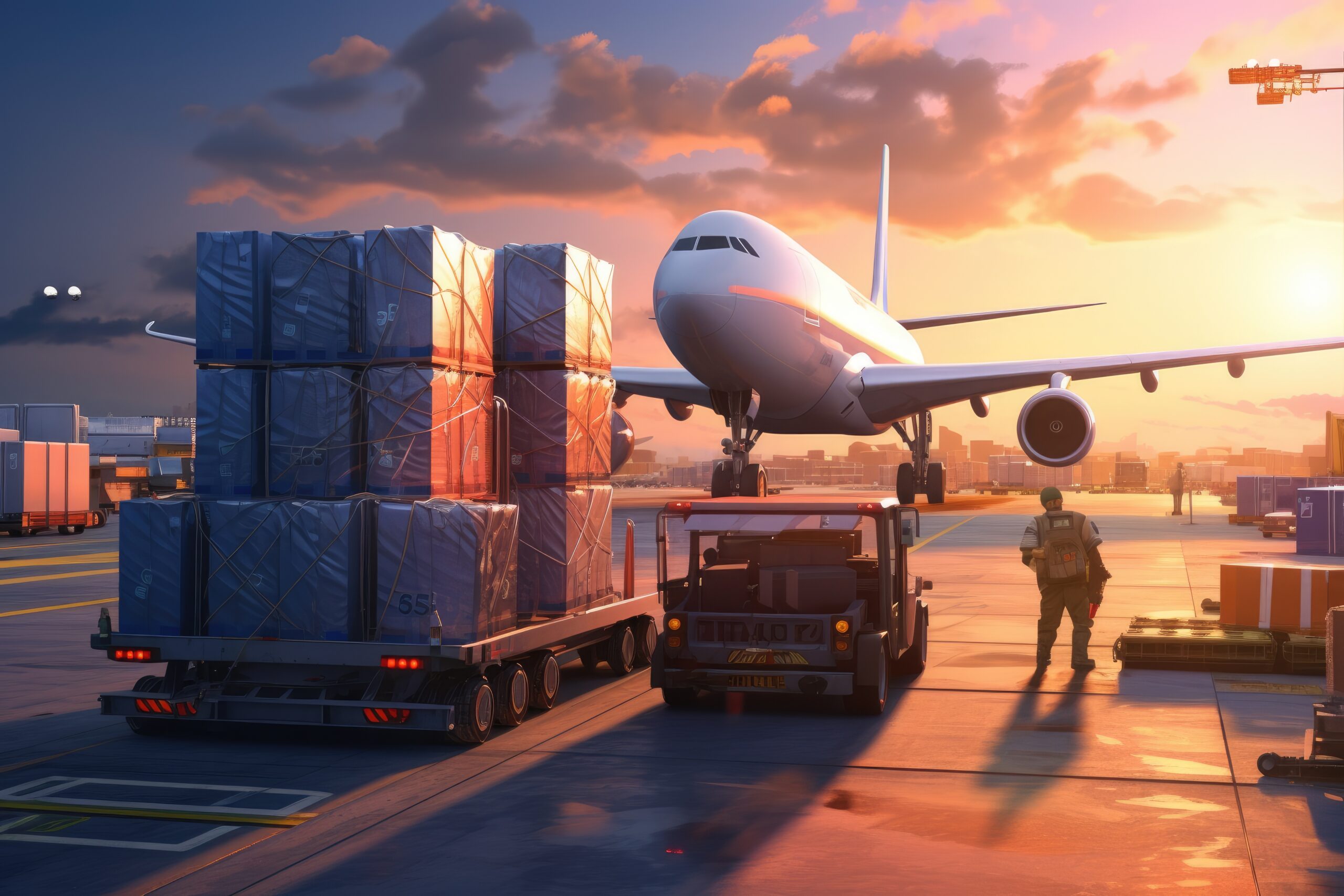Air cargo services play a vital role in global trade, enabling fast and reliable shipment of goods across countries. For businesses and individuals importing products, especially imports from China to Pakistan, understanding how air cargo pricing works is essential. Unlike sea, road, or rail shipping, air cargo offers speed but comes with different pricing factors that can impact the total cost of your shipment.
What Is Air Cargo Pricing?
Air cargo pricing refers to the fees charged for transporting goods by air. This cost is usually based on the shipment’s weight, volume, and distance. One key concept in pricing is the chargeable weight, which compares actual weight versus volumetric weight (calculating space the cargo occupies), charging whichever is higher.
Key Factors That Affect Air Cargo Pricing
- Weight and Volume: Both actual weight and size influence your cost. The volumetric weight formula typically is (Length x Width x Height in cm) ÷ 6000, helping airlines determine chargeable weight when cargo is light but bulky.
- Distance and Destination: Routes between China and Pakistan or other geographic zones impact pricing due to flight distance and regional fees.
- Type of Goods: Special cargo like hazardous, perishable, or fragile items require special handling, increasing costs.
- Fuel Surcharges: Fluctuating fuel prices affect shipping rates, making surcharges a common part of air cargo fees.
- Seasonal Demand: Shipping during holiday seasons or peak trading months can lead to higher rates.
- Transit Speed and Delivery Priority: Express services cost more than economy options.
- Customs and Documentation Fees: International shipments from China to Pakistan involve customs clearance and associated fees.
How Airlines and Freight Forwarders Set Prices
Airlines establish a base rate for routes, while freight forwarders add markup and service charges for handling documentation, customs clearance, and logistics management. It’s wise to compare quotes from multiple providers to get the best deal on air cargo services.
Additional Costs to Be Aware Of
Besides basic freight charges, consider insurance fees, warehousing or storage costs if goods are delayed, handling fees at airports, and security surcharges, which can all add up to your total shipment cost.
Tips to Get the Best Air Cargo Rates
- Book early and plan your shipments in advance.
- Consolidate multiple orders to save costs.
- Compare rates from various logistics companies.
- Use a trusted freight forwarder familiar with China to Pakistan shipping and DDP shipping (Delivered Duty Paid) terms.
- Negotiate discounts if you have frequent shipments.
Air Cargo Pricing vs. Other Shipping Modes
While sea freight offers cheaper rates, air cargo services provide unmatched speed. For urgent shipments or high-value goods imported from China to Pakistan, the premium cost of air cargo is often justified compared to slower sea or road transport.
Common Mistakes to Avoid When Estimating Air Cargo Costs
- Overlooking volumetric weight calculations leading to unexpected charges.
- Not considering additional destination-related fees.
- Ignoring customs duties and taxes that add to total cost.
Conclusion
Understanding the basics of air cargo pricing helps you plan and budget better for your shipments. Transparency about fees and choosing reliable Pakistan cargo services or logistics companies ensure smooth import processes. For accurate quotes and efficient handling, partnering with professional air cargo services is key.
For trustworthy and efficient solutions in air cargo services, especially for imports from China to Pakistan, trust EB Logistics to manage your shipping needs smoothly and cost-effectively.
